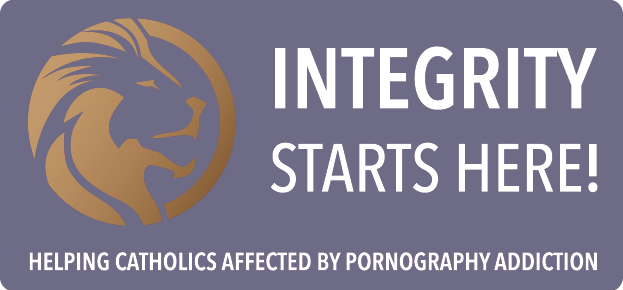Several months ago in a counseling session with a client, l’ll call Steve, I asked him how he was working with his accountability partner for recovery. He admitted they hadn’t talked in a few weeks. When asked why, Steve stated that the phone calls had gotten very mundane. He and his accountability were both getting tired of talking about Steve’s sobriety. In the beginning they would talk several days a week. Then it was one phone call each week and a series of texts. Then it was just texts. Then no communication. The accountability relationship had all but fallen apart.
Steve knew he needed accountability in his life, but was not sure how to use it effectively. He wanted a new accountability partner, but didn’t want that relationship to also fall apart. My first piece of advice was to suggest he find an accountability partner who also struggled with pornography use. Steve’s old accountability partner, while a good friend, did not struggle with pornography, so he really didn’t understand Steve’s struggle. By working with another addicted person, they could be true accountability partners for each other. If one person fell, the other would understand what happened and provide mercy and compassion for the other to get up and continue on the road to recovery. Steve was able to find a suitable new accountability partner in his 12-step recovery group.
My next piece of advice was to not limit their check-in phone calls to issues of sobriety. Anyone who has been in recovery will tell you that constantly talking about the struggles of sobriety can get boring very fast. The good news is that accountability doesn’t have to focus on recovery. There are many areas of life where we all can use some accountability – in our careers, marriages, family life, parenting, exercise, spending, saving, etc. By seeking and offering accountability in many areas of life, check-in phone calls become more interesting. In addition to aiding in sobriety, accountability partners can be there to help each other achieve both short-term and long-term goals. This will aid in overall recovery.
In addition to remaining sober, Steve had many personal goals he wanted to achieve. He wanted to spend more time with his wife and kids, he wanted to get to the gym more often to exercise, and he wanted to save up for a fun family vacation. His accountability partner was able to help Steve with this by making sure he was taking the proper steps to meet these goals. Steve was also able to help his accountability partner achieve his goals too. In addition to achieving their goals, this made maintaining sobriety easier for both men.
So if you are looking for a new accountability partner, or want to breathe some new life into an existing accountability relationship, consider expanding your goals beyond sobriety. You will achieve much more than sobriety. It can make accountability for sobriety more effective and enjoyable!
For more information on accountability and sobriety, and to seek help for addiction, contact Dr. Kleponis through this website.





